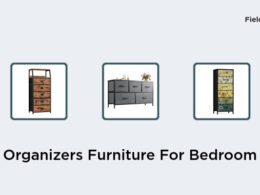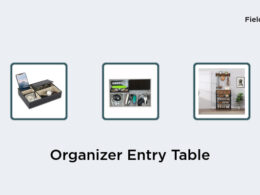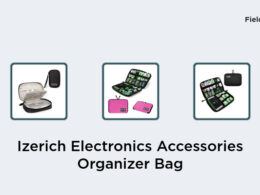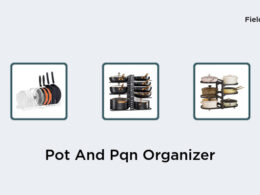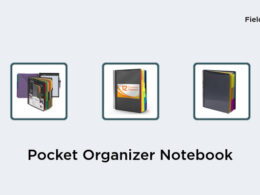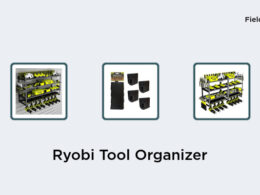An example of a home office expense is any item or service that is solely used for business purposes within a homeowner’s personal residence. Such expenses are tax-deductible because they contribute to the homeowner’s ability to conduct business from home. Here are a few common examples of home office expenses that can qualify for tax deductions:
Computers: Any computer equipment that is used solely for business purposes, such as desktops, laptops, printers, and scanners, may be claimed as a business expense.
Telephone lines: If a homeowner has a separate phone line dedicated solely for business use, then all expenses associated with that line can be deducted as a business expense.
Computer equipment: Any specialized computer equipment that helps conduct business, such as servers, routers, and modems, can be claimed.
Office equipment: This includes anything from desks and chairs to filing cabinets and bookshelves, as long as they are used solely for business purposes.
It is important to note that the amount of tax deduction a homeowner may receive for their home office expenses depends on their individual circumstances. Factors such as income earned and tax refund can play a role in determining the exact amount of deduction. Regardless, it is important to keep accurate records of all home office expenses in order to maximize the tax benefits of working from home.
What is an example of a home office expense? Maximizing Your Tax Deductions









